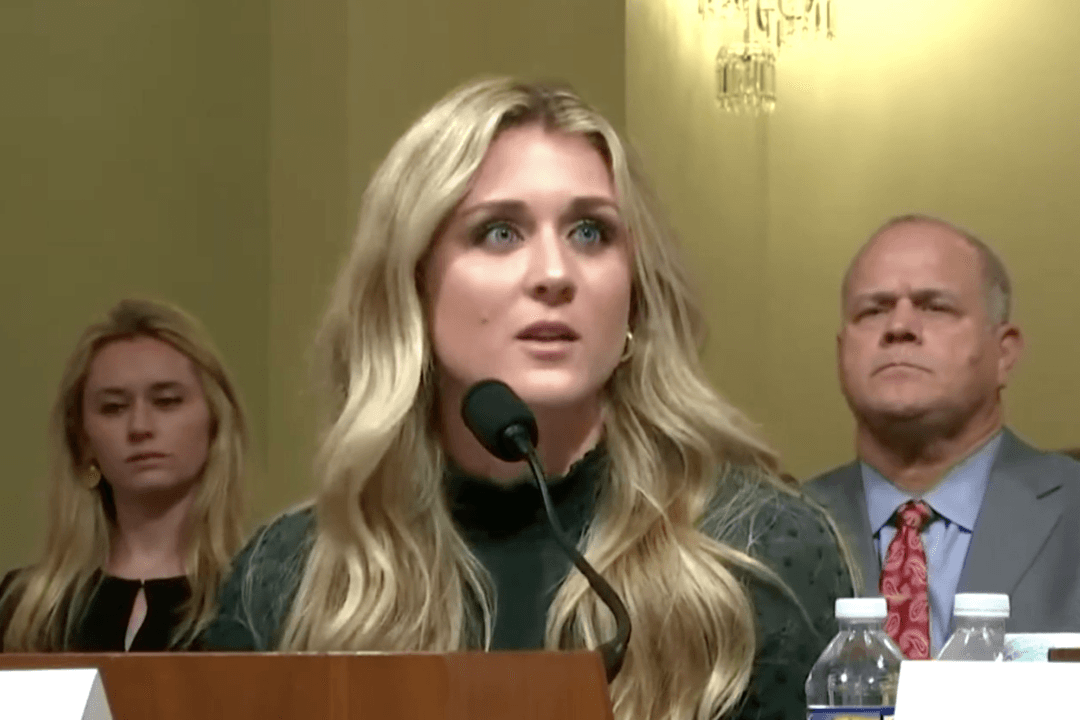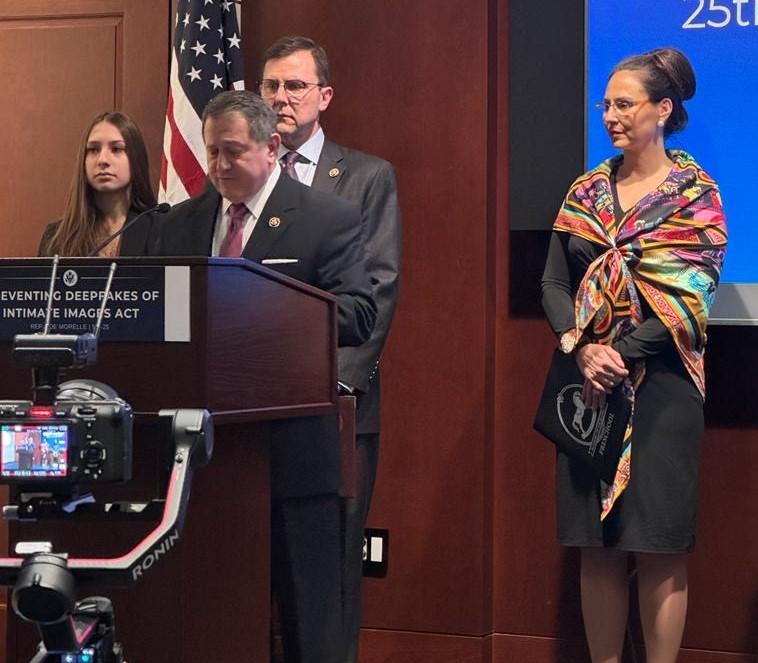With the issue and status of transgender athletes competing in women’s sports becoming more controversial, high profile, and divisive—and with all the turmoil tethered to politics at all levels—people are paying keen attention to the rules and policies of the National Collegiate Athletic Association (NCAA) on the matter.
The NCAA is among the largest and most powerful sports organizations in the world and holds tremendous social, economic, and cultural sway and influence.





